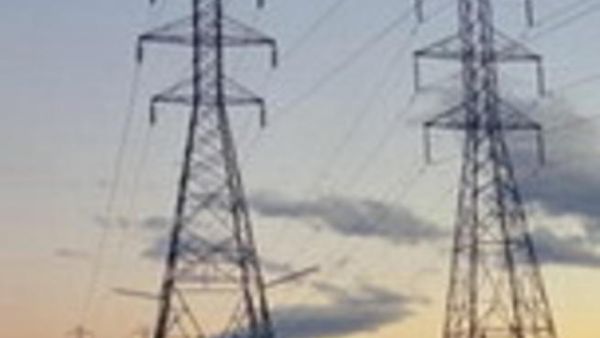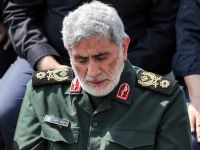Lebanon's state-run electric company, Electricite Du Liban (EDL), has been a cause of concern for many Lebanese citizens due to its poor service and financial losses. EDL constitutes a major state problem as well, and one which has made a significant contribution to Lebanon's national deficit. The IMF estimates that in 2005, government support for EDL amounted to 4% of its GDP.
The mismanagement of the power company further illustrates the administrative failure of the government and especially that of current Energy and Water Minister, Mohammed Fneish, who oversees EDL.
At present, frequent power cuts remain the norm in Lebanon. The country's generating capacity has fallen behind demand levels; EDL's current output is around 1250 MW, while peak demand often hits 1800 MW. Even worse, EDL lost $500 million last year amid allegations of corruption. For a growing number of Lebanese, Fneish's claim that the causes behind these problems are skyrocketing oil prices and distribution problems--are deemed unacceptable.
Privatizing EDL has been on the state agenda for years, but has been held up for political reasons. Fneish, a Hizbullah man, has admitted recently that state bureaucracy could delay the plan for an additional two years.
Fneish's assertion came after he himself proposed changes in the management of EDL, such as increased revenue collection from users and privatization of electric generation and distribution, with transmission remaining in state hands, the Daily Star reported.
Privatization seems to be the only way to bring salvation to the country's struggling energy sector at present, even though many remain skeptical regarding Fneish's true intentions. The fact that for years, pro-Syrian president Emile Lahoud insisted that EDL remain a state asset only confirms this belief.
While Fneish has stressed that his plan also includes a solution for revenue collection from customers, many observers argue that such a proposal is merely lip service. Industry experts have been claiming for years that EDL had been used by political elites to distribute free electricity to their constituents. If Fneish ultimately attempts to expedite bill collection, he is expected to face stiff resistance from Hizbullah supporters.
According to official sources, almost 60% of EDL bills are not collected. In addition, close to 50% of electricity generated by EDL is not even billed; it is estimated that tens of thousands of people receive free electricity by illegally tapping into power lines. Back in 2003, then Beirut MP Muhammad Qabbani, who headed the parliamentary Energy and Water Committee, stated that many of those who get free electricity enjoy "political protection." In the southern suburbs of Beirut--a stronghold of Hizbullah--over 80% of electricity consumers do not pay. Those who do not enjoy such political protection, on the other hand, are forced to pay heavily for electricity. Taking these facts into account, many in Lebanon believe Fneish will not dare harm Hizbullah's support base. Even more, some circles in Lebanon insist that Hizbullah selected the energy portfolio in order to make sure its supporters will not have to pay for the electricity.
In addition to the abovementioned, some circles in Lebanon insist that EDL was a conduit for the distribution of billions of dollars in kickbacks to pro-Syrian political figures in Lebanon during Syria’s occupation of the country. EDL's losses have consistently been connected to allegations of corruption.
It seems that rehabilitating Lebanon's electricity sector may be more of a political matter than an economic one. This being said, it is doubtful that a minister from Hizbullah is the right person to lead such reform, as it appears that most supporters of the Shiite movement will remain unwilling to pay the price.







